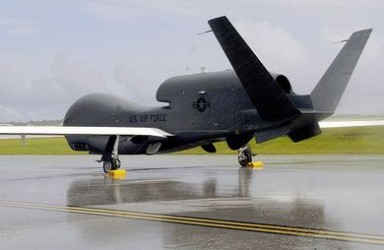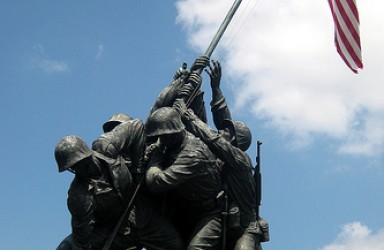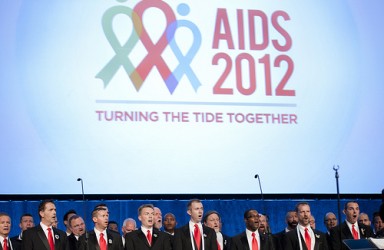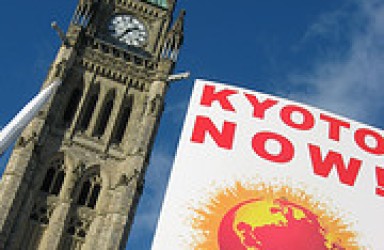To What Extent was Diplomacy Professionalised in the French System?
“When I entered the service,” wrote Lord Stratford de Redcliffe, “there was no such thing at all.” Within the six centuries of the French diplomatic system diplomacy evolved from its ad-hoc, temporary status in political society into foreign services that practiced within a distinct profession.
The Legality of America’s Program of Targeted Killings by Unmanned Aerial Vehicles
The administrations of President Bush and President Obama have not provided many more details on how they assess just what these targeting practices are or how they operate. While they offer assurances that their procedures meet the necessary requirements of the laws of war in terms of distinction and proportionality, they have not offered any evidence of the actual overview process.
What Does ‘Sustainable Development’ Mean?
Over the past 20 years sustainable development has risen to the forefront of environmental strategy, but despite its profile there is little agreement over its precise meaning.
Are the Effects of War Gendered?
In order to decipher whether or not the effects of war are gendered it is of foremost importance to consider what is meant by the term ‘gender’. Therefore, primarily, I will briefly define this term followed by a consideration of what one means by ‘war’. Here I discuss feminist theories regarding war with particular reference to the work of Kelly. Furthermore, I will then move on to look at the effects of war with an analysis of the effects during war, the effects during the peace-making process and, finally, the post-war impacts. Each of the aforementioned will be discussed in turn, drawing on specific examples to highlight my arguments further. Ultimately, I conclude with the argument that the effects of war are often gendered, especially when one considers war from a feminist perspective.
Theories and Interpretations of Environmental Policy
Two distinct approaches are central in environmental policy: one which emphasizes restricting man’s impact on the environment because of limited resources, and the other which seeks to use the market to compensate environmental costs but which also seeks to develop ways of continuing development whilst reducing environmental impacts through technology.
Are Wars Lost by Politicians or Generals?
Politicians lose wars either by setting goals that are not achievable by the means available, or by interfering with the military chain of decision-making.
Can international institutions help make the world more peaceful?
The development of international institutions is one of the most admirable efforts for the achievement of world peace that the world has ever seen. It possesses many of the qualities of the liberalist ideal, however, it has not fulfilled its aim to make the international community a more peaceful place.
Are NGO Agendas Dictated By Western Assumptions?
The politicisation of NGOs has been widely questioned and their increasing reliance on donor states’ ideologies has pulled them away from their original purpose: immediate relief.
Is liberalism a force for peace in the world?
The democratic peace theory supports, obscures and excuses the coercion and violence of a liberal expansion policy through its reliance on narrow definitions. The use and construction of the democratic peace theory has mainly been about preserving the peace and dominance of western powers under the guise of spreading liberty and equality.
“Hopenhagen” to “Nopenhagen”? The Role of Public Expectation at the Copenhagen Summit.
It can be said that the expectations at COP15 were not so high that they were unattainable. However, domestic pressures in key countries, procedural difficulties, insufficient pre-cooking and the “ClimateGate” scandal certainly played a role in why a comprehensive agreement was not reached.











